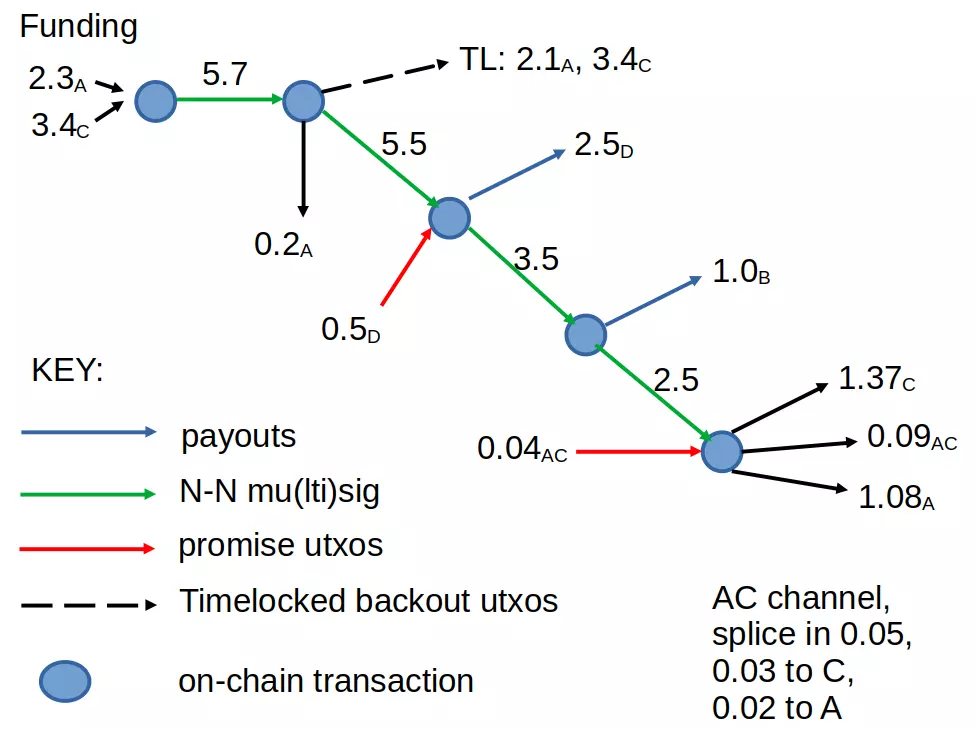waxwing on Nostr: People often point out that physical cash is genuinely fungible in a way that bitcoin ...
People often point out that physical cash is genuinely fungible in a way that bitcoin isn't.
Then other people (including me) gripe at that and say: it isn't *perfectly* fungible, it has serial numbers, and there are even (rare) examples historically of notes with certain characteristics (Greek vs German Euros) somehow losing fungibility.
But if I stretch my memory a bit I can think of much more obvious examples of why 'physical cash is fungible' is highly dubious, like being in India 30+ years ago and having to rapidly learn that certain types of notes with physical blemishes (small tears etc.) could often be nearly unspendable. Similar experiences in Russia, China a couple decades ago and I bet other people have many other examples.
The point is that true fungibility with physical representations isn't achievable, *both* because of entropy-damage *and* because of verification problems (the latter is obviously more important with, say, gold, but it's also dubious for cash).
Another interesting angle: is there a strong tension between fungibility and censorship resistance? It's much easier to make it perfectly fungible by creating centralized control, even if it's very private (see: chaumian mint), but you might sacrifice censorship resistance. Cash and bitcoin, in different ways, can both have that latter property, strongly.
Then other people (including me) gripe at that and say: it isn't *perfectly* fungible, it has serial numbers, and there are even (rare) examples historically of notes with certain characteristics (Greek vs German Euros) somehow losing fungibility.
But if I stretch my memory a bit I can think of much more obvious examples of why 'physical cash is fungible' is highly dubious, like being in India 30+ years ago and having to rapidly learn that certain types of notes with physical blemishes (small tears etc.) could often be nearly unspendable. Similar experiences in Russia, China a couple decades ago and I bet other people have many other examples.
The point is that true fungibility with physical representations isn't achievable, *both* because of entropy-damage *and* because of verification problems (the latter is obviously more important with, say, gold, but it's also dubious for cash).
Another interesting angle: is there a strong tension between fungibility and censorship resistance? It's much easier to make it perfectly fungible by creating centralized control, even if it's very private (see: chaumian mint), but you might sacrifice censorship resistance. Cash and bitcoin, in different ways, can both have that latter property, strongly.
